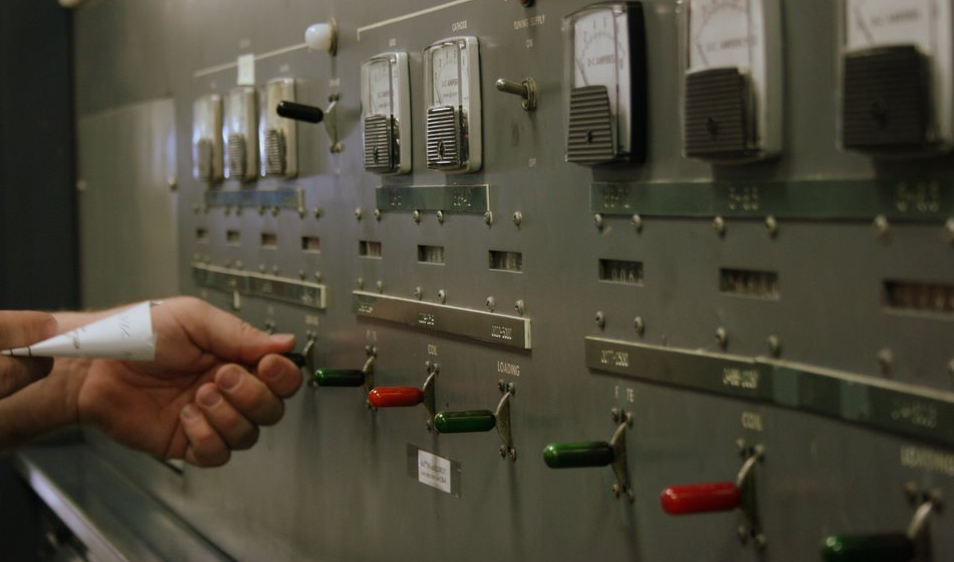Radio Fana: June 27, 2016
/Radio Fana broadcasting in Oromo to East Africa. Transmitted with 100 kw from Addis Ababa, Ethiopia. Lots of music before ending with the Ethiopian National Anthem at 2100 UTC. Received in Sydney, Australia, with an Eton Satellit and a Sangean reel antenna hanging from the window curtain.













